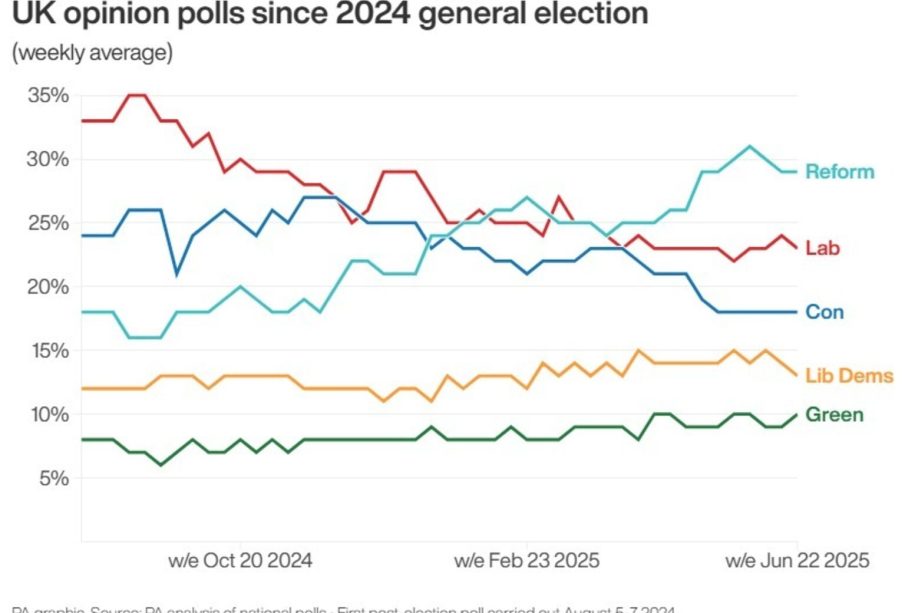Understanding the Recent Welfare Bill and Its Implications

Introduction
The welfare bill has emerged as a central topic of discussion across the UK, especially in the wake of increasing economic challenges and the ongoing impact of the pandemic. With implications affecting millions of citizens, understanding the details of this bill is crucial for both policymakers and the public. The welfare bill not only aims to address immediate financial needs but also strives to reform the welfare system for future sustainability.
Current Developments
Recently, the UK government introduced the latest iteration of the welfare bill in Parliament, which includes key provisions designed to support vulnerable populations. The bill proposes an increase in benefits for low-income families, enhancements to the Universal Credit system, and additional support for mental health services, reflecting a more holistic approach to welfare that goes beyond mere financial assistance.
The proposed changes come amid rising living costs, with inflation rates hitting levels not seen in decades. Economic experts suggest that these measures, while necessary, will require careful monitoring to ensure that they adequately address the needs of the most affected demographics. The government has stated that the new initiatives are part of a broader strategy to alleviate poverty and promote long-term financial independence.
Key Revisions and Reactions
Among the most notable revisions in the welfare bill is the plan to temporarily raise the cap on benefit payments for families with children. Many advocates have praised this move as a critical step towards reducing child poverty in the UK. Additionally, the bill aims to provide incentives for individuals overcoming unemployment through training and reskilling programs.
However, some critics argue that the reforms do not go far enough. Organisations such as the Joseph Rowntree Foundation have called for a more significant and sustained increase in benefits to effectively tackle the ongoing crisis faced by many households. Public response has been mixed, with many appreciating the government’s efforts while others call for a reassessment of overall welfare policies.
Conclusion and Future Outlook
As discussions surrounding the welfare bill progress, its importance cannot be overstated. The decisions made in Parliament will have lasting consequences for millions of individuals and families throughout the UK. Policymakers are urged to consider not just the immediate impacts, but the broader implications on the welfare state as a whole.
Looking ahead, the effectiveness of the welfare bill will be measured by its ability to provide timely support while fostering an environment of economic stability and growth. Stakeholders from all segments of society are encouraged to engage with and monitor the implementation of these changes to ensure they meet their intended goals. The ongoing dialogue around the welfare system underscores its pivotal role in shaping the economic and social landscape of the nation.









